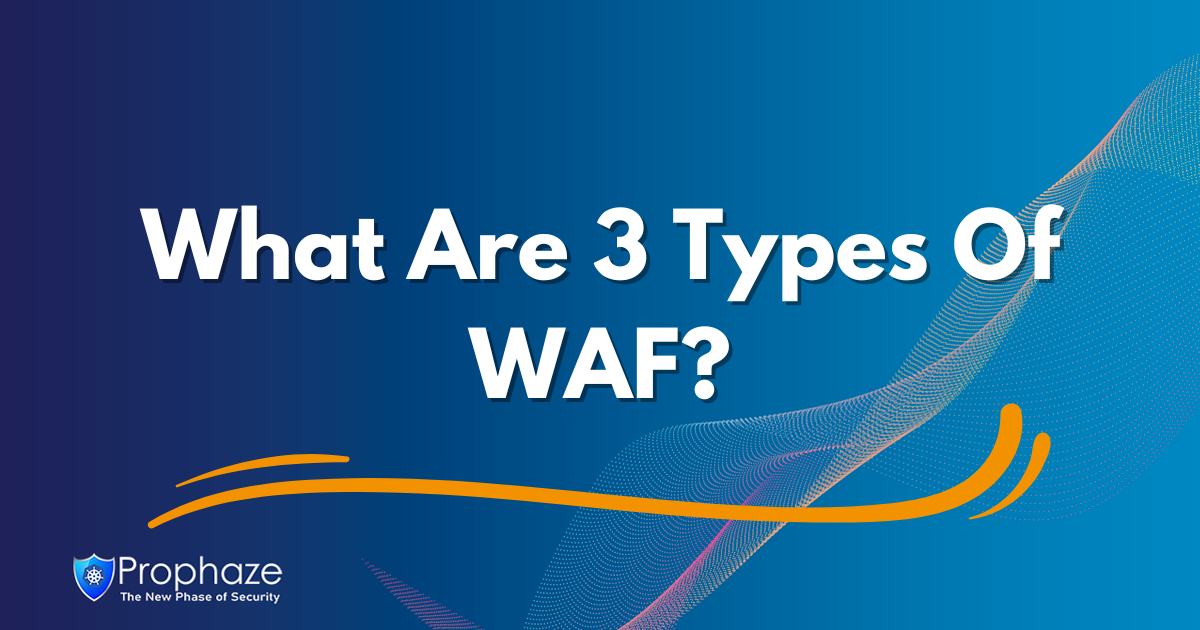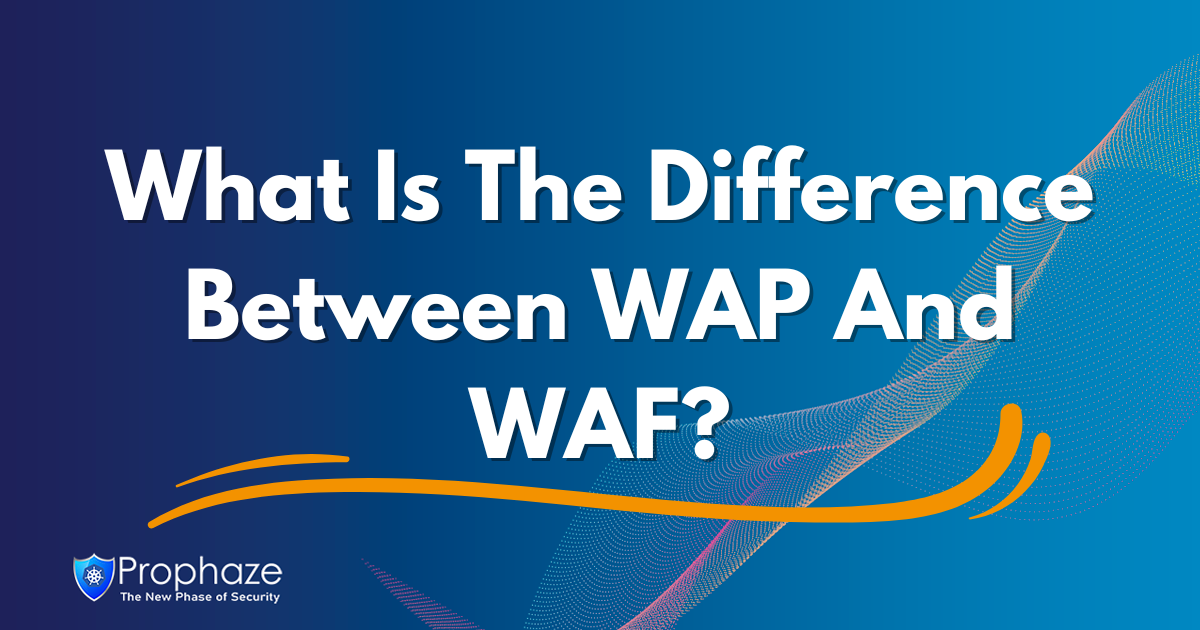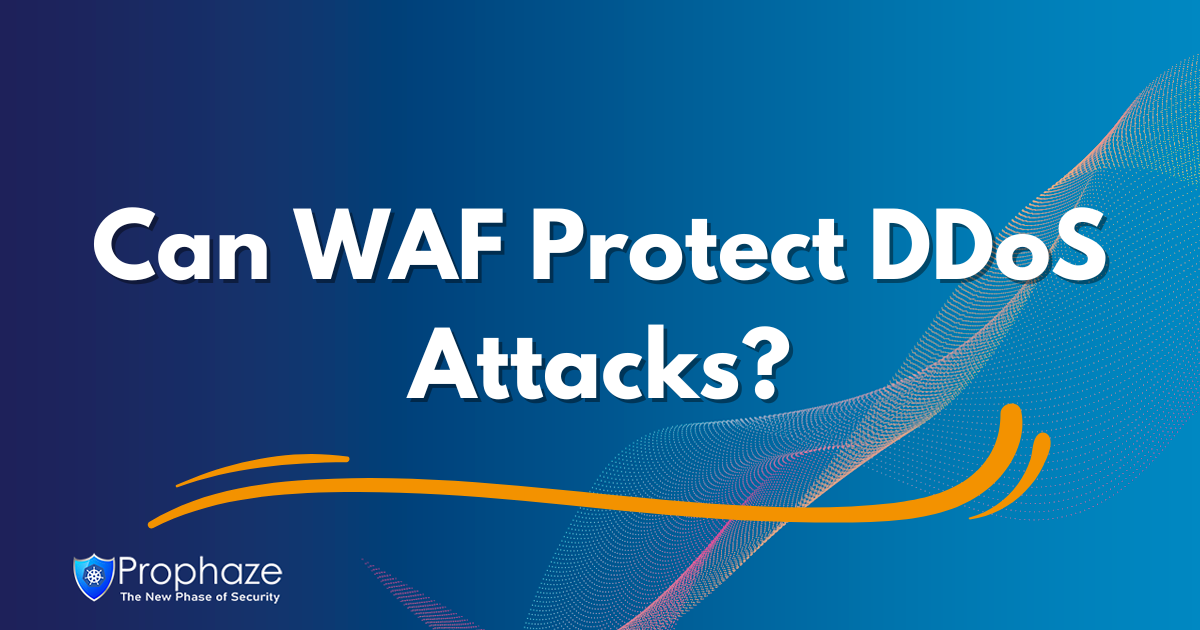What is WAF used for?
Learn why Web Application Firewalls (WAFs) are essential for protection. Discover how WAFs fight against vulnerabilities, safeguard critical data, mitigate DDoS attacks, and stop content theft. Strengthen the security with a reliable WAF for a more secure web application.
Major Key Uses of a Web Application Firewall
Web-based applications are a crucial part of our lives in the modern world. We employ web applications for everything from social networking to entertainment through online banking and shopping. Due to their growing dependency, web applications are more appealing attack targets. This article will discuss the significance of WAF and its function in protecting web applications from attacks.
Defending Against Known Vulnerabilities:
Web applications are based on complicated frameworks and technologies that hackers exploit. With its extensive database of attack patterns and signatures, WAF is a shield against known vulnerabilities. It monitors incoming traffic and blocks malicious requests that try to exploit it. WAF increases the security posture of your web-based application and substantially reduces the probability of successful attacks.
Safeguarding Against Zero-Day Attacks:
Zero-day attacks exploit vulnerabilities in the general public and software vendors. WAF uses cutting-edge methods like behavior-based analysis and anomaly detection to track traffic patterns. By consistently tracking, WAF can identify and stop zero-day attacks, even without previous knowledge of the specific vulnerabilities.
DDoS Attack Defense:
Web applications face severe danger from distributed denial of service (DDoS) attacks. They overload the servers with excessive traffic, so legitimate users cannot access the application. WAF is used to mitigate the effects of DDoS attacks by using rate limitation, traffic analysis, and challenge-response systems. These techniques aid in spotting and filtering out unwanted traffic.
Protecting Sensitive Data:
WAF enforces sensitive data, including user information, login passwords, and personally identifiable information (PII). Fraud and violating confidentiality are only two negative effects of a successful breach. A WAF can establish data protection measures and enforce security regulations by examining incoming requests and responses to make sure no private information is leaked.
Stopping Web Scraping and Content Theft:
WAFs can identify and stop automated scraping. Web scraping and content theft are common problems in the digital world. To acquire a competitive edge, untrustworthy people or competitors may attempt to scrape the material for illegal purposes.
Logging, Monitoring, and Incident Response:
A WAF offers detailed logs and reports on web application traffic, including details on blocked attacks. These logs are essential resources for incident response, forensics, and compliance purposes. By monitoring and analyzing, we can easily detect attacks and take proactive measures.
Conclusion
Implementing a Web Application Firewall (WAF) is crucial at a time when applications are always under attack from cyber threats. A WAF strengthens security by securing it against known vulnerabilities, zero-day attacks, DDoS attacks, and unauthorized data access. It also protects your intellectual property and provides insightful information for incident response and compliance.









